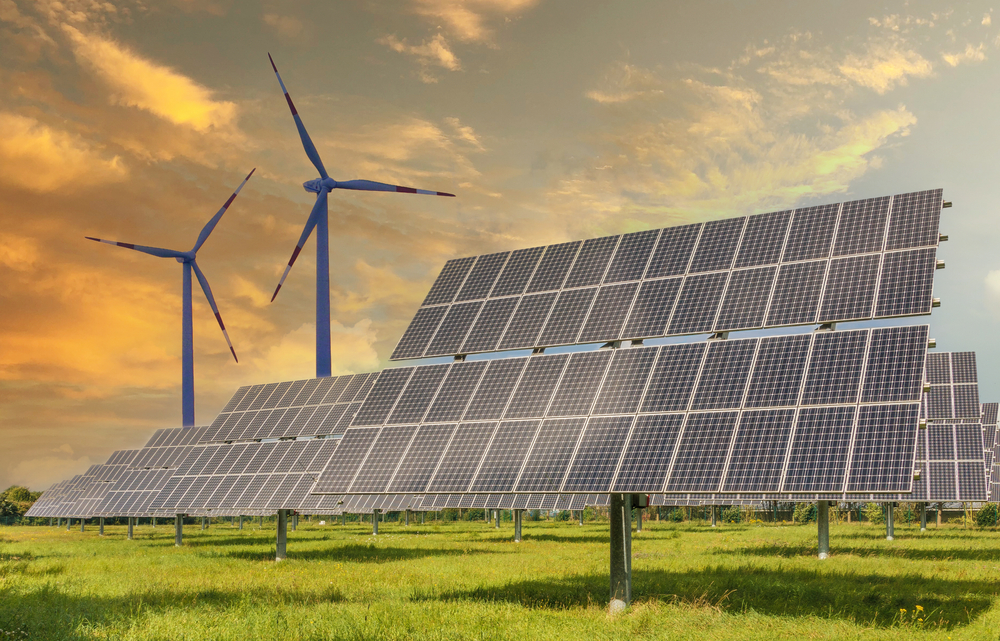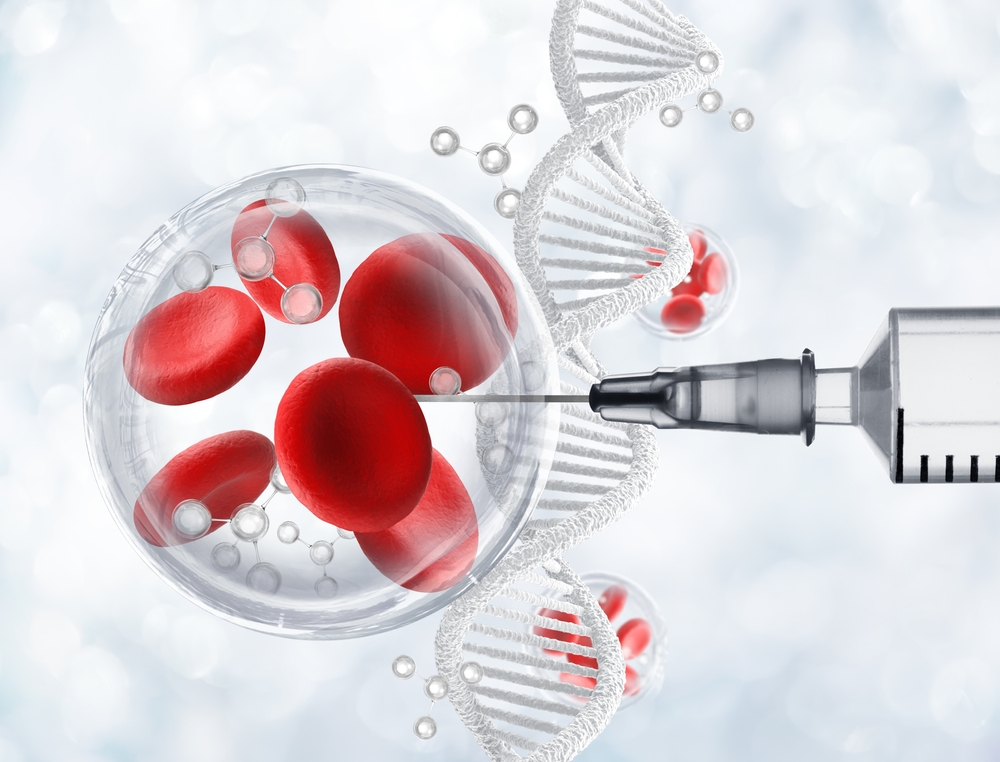Since three of the parent educators worked in local schools, they could also suggest families who might need help. Once a parent educator identified a family to work with, he or she went to the family’s home. If everyone agreed, both the educator and the therapist met with the family members. Since educators were from the same community and knew the family, they were able to interact with its members in context, hopefully averting things like calls to the police. In sessions, the parent educators acted as supervisors while the therapists worked with the family. And if a session had been particularly hard, the parent educators stopped by the house the next day to see how the family was getting on.
Diego (not his real name) was a 15-year-old who was selling drugs so that his father, who had cancer, could buy gas to make it to his chemotherapy treatments. Diego’s mother had suffered a breakdown from the stress, which meant Diego was parenting his two younger brothers as well as supporting the family. Before the therapist and parent educator could help the family system, they had to connect it to external systems that could help. So they contacted the American Cancer Society to arrange transportation for Diego’s father and found mental health help for his mother. “We needed to connect people with resources,” says Wampler. Sometimes these resources were empathy and new ways of relating; just as often, though, they were resources within the community.
Wampler conducted a small-scale study to evaluate the stress levels of many of the participating mothers. Before the in-home therapy, scores tended to be extremely high, but after the program was completed, they came back down to near normal.
At one point or another, every family could use a little help connecting with the emotional and communal resources it needs to survive and thrive. Once that connection is made, the effects can be long lasting. As Virginia Satir put it, “Families are a microcosm of the world. In healing the family, I can heal the world.”
Kirsten Webb’s old car sported the sticker “We’re All One Human Family.” Though she rides a bike now, she still believes it.
Photo: photon_de via Flickr
All
More of Today's Solutions
Why you should drink coffee after breakfast—and not before
While it may be tempting to drink coffee the moment you get out of bed, a study from the University of Bath suggests that ...
Read MoreWildlife filmaker provides a unique insight into the daily lives of bees
You may have seen bees flying around your backyard or local park, but it can be difficult for the naked human eye to grasp ...
Read MoreThis is the UN plan to tackle plastic pollution
The Optimist Daily very much likes writing about plastic cleanup in the oceans. So, we were ecstatic when we learned about the beginnings of a ...
Read MoreRevel at the most detailed image of our universe yet
Here at The Optimist Daily, we have been sharing every exciting step of the James Webb Telescope’s journey, from its long-awaited launch, to when ...
Read More










